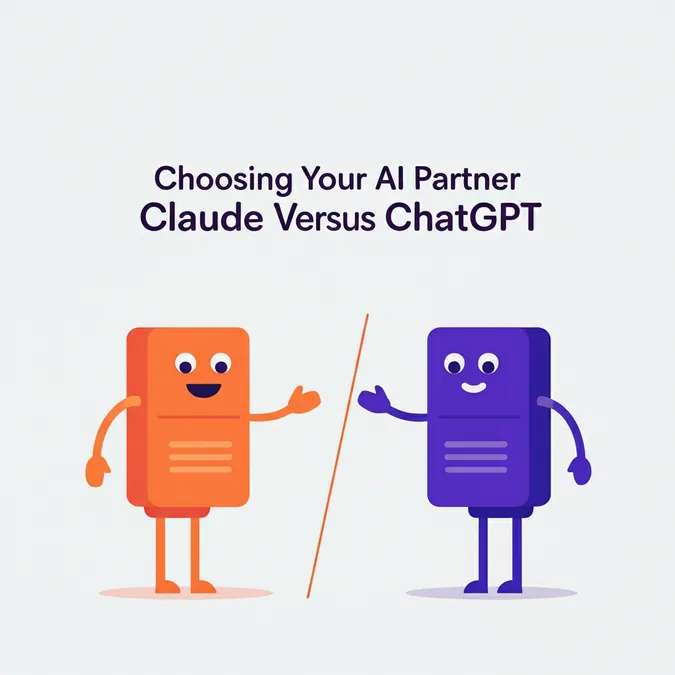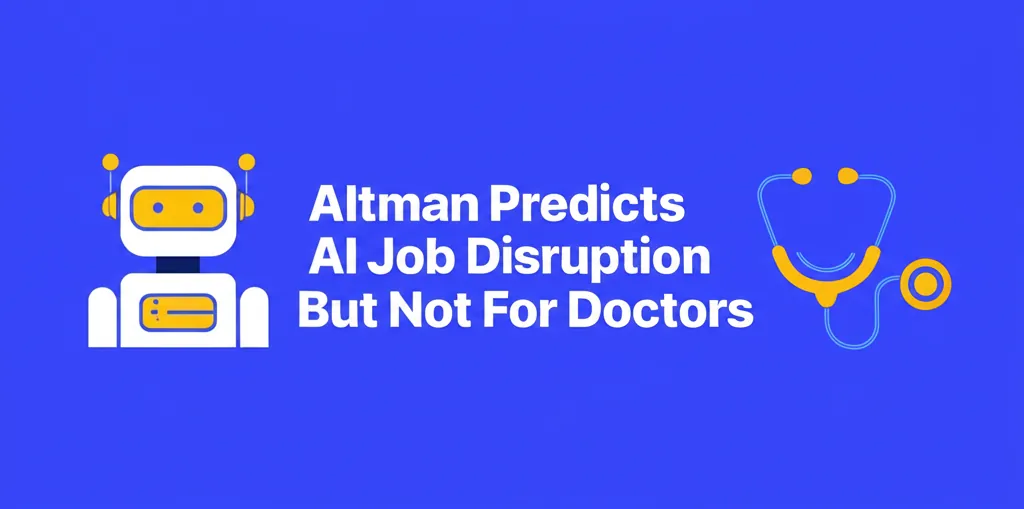Developer Offer
Try ImaginePro API with 50 Free Credits
Build and ship AI-powered visuals with Midjourney, Flux, and more — free credits refresh every month.
How AI Is Becoming a Teenagers Digital Confidant
For high school student Kayla Chege, no question is too trivial for artificial intelligence. The 15-year-old from Kansas turns to ChatGPT for everything from back-to-school shopping and makeup advice to planning her Sweet 16 party.
While she consciously avoids using AI for homework, her experience reflects a broader trend. Beyond academic cheating, which has dominated discussions, teenagers are increasingly using AI for personal advice, emotional support, and daily decision-making, treating these tools like digital companions. As Chege puts it, “Everyone uses AI for everything now. It’s really taking over. I think kids use AI to get out of thinking.”
The Rise of the AI Companion
A recent study from Common Sense Media highlights the scale of this phenomenon, revealing that over 70% of teens have used AI companions, with half using them regularly. This new research defines AI companions as platforms like Character.AI or Replika, designed to act as digital friends. However, it notes that popular tools like ChatGPT are often used in the same capacity.
The findings are striking. The survey of over 1,000 teens found that 31% felt their conversations with AI were “as satisfying or more satisfying” than talking with human friends. Furthermore, despite half expressing distrust in AI's advice, a third of them had discussed serious or important personal issues with an AI instead of a person.
Is AI a Friend or a Foe
The appeal of AI is understandable. “AI is always available. It never gets bored with you. It’s never judgmental,” says 18-year-old Ganesh Nair. “When you’re talking to AI, you are always right. You’re always interesting.”
But this constant validation has a dark side. Nair grew wary of AI after a friend, who regularly used a chatbot for relationship advice, had the same AI generate a breakup text to end a two-year relationship. “That felt a little bit dystopian, that a computer generated the end to a real relationship,” Nair reflected. “It’s almost like we are allowing computers to replace our relationships with people.”
As this technology becomes as integrated into adolescent life as smartphones and social media, experts worry it could redefine human connection and worsen existing crises in youth mental health.
Expert Warnings and Developmental Risks
Michael Robb, the lead author of the Common Sense Media study, calls the findings “eye-opening” and a warning for parents and policymakers. He stresses that adolescence is a crucial period for developing social skills and identity. “If teens are developing social skills on AI platforms where they are constantly being validated, not being challenged, not learning to read social cues... they are not going to be adequately prepared in the real world,” he says.
In a separate risk assessment, the nonprofit found many AI companion apps have ineffective age gates and can produce harmful or dangerous content, leading them to recommend that minors avoid them entirely. This concern was tragically highlighted last year by the case of a Florida boy who died by suicide after forming an emotional attachment to a Character.AI chatbot.
Eva Telzer, a professor at the University of North Carolina at Chapel Hill, notes that children as young as eight are using generative AI, often for companionship or to explore sensitive topics like sexuality. She worries about the long-term impact on self-trust. “One of the concerns that comes up is that they no longer have trust in themselves to make a decision,” Telzer says.
The Student Perspective From Dependence to Addiction
Seventeen-year-old Bruce Perry relates to this feeling of dependence. He uses AI daily, from crafting essays to getting advice on social situations and what to wear. “If you tell me to plan out an essay, I would think of going to ChatGPT before getting out a pencil,” Perry admits.
While he benefits from the tool, he worries about its impact on younger children. “I’m worried that kids could get lost in this,” he says. “I could see a kid that grows up with AI not seeing a reason to go to the park or try to make a friend.”
Nair believes the effect of AI is fundamentally different from that of social media. “Social media complemented the need people have to be seen, to be known, to meet new people,” he explains. “I think AI complements another need that runs a lot deeper — our need for attachment and our need to feel emotions. It feeds off of that.”
He concludes with a stark warning: “It’s the new addiction. That’s how I see it.”
Compare Plans & Pricing
Find the plan that matches your workload and unlock full access to ImaginePro.
| Plan | Price | Highlights |
|---|---|---|
| Standard | $8 / month |
|
| Premium | $20 / month |
|
Need custom terms? Talk to us to tailor credits, rate limits, or deployment options.
View All Pricing Details

